Responsibility Without Blame: Healthy Ownership of a Bipolar Life
Bipolar disorder has caused me to do a lot of harm, especially before I was taking proper medication. Between my temper, broken promises, substance abuse, and process addictions, I have either hurt or failed a number of different people. These failures were often not my own “fault”. Especially when I was unmedicated, I lacked sufficient insight to be even aware of what I was doing, let alone to stop it. It wasn’t so much that I wasn’t in control of my actions, as that I was trapped in delusional or at least pathological narratives that made my actions seem perfectly reasonable, or trapped in such confusion that I wasn’t sure what I should be doing anyway. It was chaos.
Of course, the shame and guilt that comes from these actions causes its own vicious cycle. Why improve when I am already so worthless? After all, look at what I’ve done. Look at what I am. It can strip away the desire to get better, the ability to live without addiction, and the desire for the insight needed to strip away the endlessly chattering bipolar narratives that distracted me so adeptly from my pain. And so, the chaos continued. There was a strong sense that things were most definitely not working, but a lack of will to put significant effort into fixing anything. The shame and guilt had led to a lack of hope.
Conflating Blame and Responsibility
For decades, I worked under a paradigm that I realized is mistaken. If something went wrong, I assumed one of two things is true:Because I believed that I was only responsible to change my situation if I was to blame for it, I couldn’t actually fix anything…
- I am responsible for what happened, and therefore should feel guilt and shame.
- I am not responsible for what happened, and therefore, it is not my problem.
I had put myself in an impossible position. Because I believed that I was only responsible to change my situation if I was to blame for it, I couldn’t actually fix anything without allowing myself to feel terrible about it. On the other hand, if I was feeling terrible about myself, I lost all will to change anything. I couldn’t take responsibility for any situation without in turn triggering my shame and guilt responses.
Management Experience
However, I stumbled on a distinction that has helped me get out of these traps that I had set for myself. Several years ago, I got a job that included managing other employees. Because of the structure of the job, I had no way of really removing any of these people. However, I had one person who was…less than proficient. He was a very nice person, but just didn’t know what he was doing. I ended up redoing at least half of his work, and I was getting complaints about some of the rest.I could try to fix the problems, even though I knew that they were a consequence of someone else’s mistakes.
Somewhere in the middle of this experience, I keyed into something that ended up changing my life. I could take responsibility for his mistakes without believing I was at fault for them. If a client complained, I could apologize for what was happening, without pointing a blaming finger at either my subordinate or at myself. I could try to fix the problems, even though I knew that they were a consequence of someone else’s mistakes. I did keep my own supervisor aware of the problem, but her hands were tied as well. Mostly, we just did damage control, and we ended up pretty good at it.
Responsibility Without Blame
Even though bipolar disorder is not my own fault, that does not mean that it is not my responsibility.
Suddenly, for the first time in my life perhaps, I had taken responsibility for something that wasn’t my fault. The experience was quite liberating, because I was able to take care of a problem without having to feel shame or guilt as a result, even when faced with clients who were clearly upset. “Yes,” I thought, “It is my job to fix that. However, that does not mean that I’m bad at my job.”

Source: Hartwig Kopp-Delaney – CC BY-ND 2.0
However, even though bipolar disorder is not my own fault, that does not mean that it is not my responsibility. Just as with this employee, I am responsible to correct as many of the mistakes that I can, and apologize for those I cannot. However, as with that employee, it doesn’t mean that I’m at fault for everything that goes wrong. It doesn’t mean that I should feel shame or dislike myself for when things don’t work out.
Liberating Responsibility
The whole distinction has been incredibly liberating. It has allowed me to take ownership of my own recovery, while keeping it separate from the whole “blame game”. I’m not saying I’m not to blame for anything at all. However, I am saying that blame is not even relevant to responsibility. Now, taking responsibility for my own recovery is not an admission of guilt.
It’s just me, and my life, and getting better, and that’s something that I’m happy to take responsibility for.
My wife, Kathy, asked me to specify that I haven’t done a lot of damage in the last ten years. Most of the harm I’m speaking of was before I was take proper medication.

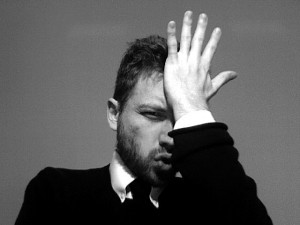
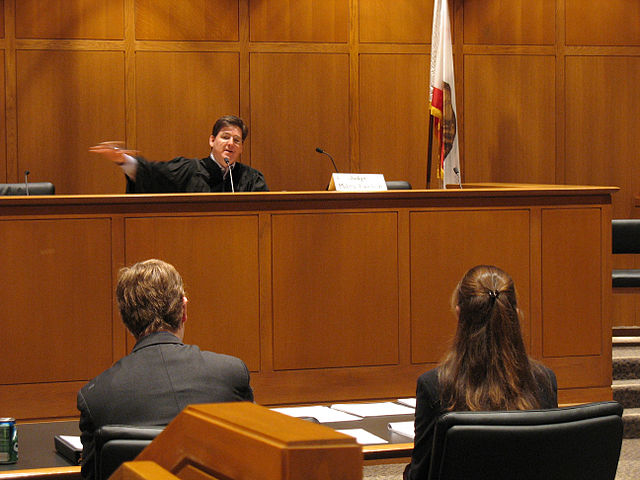
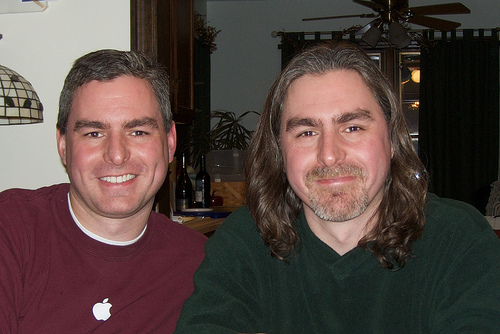


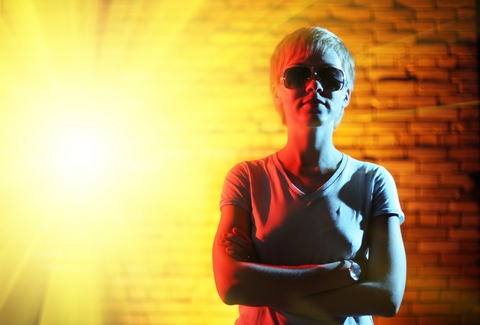
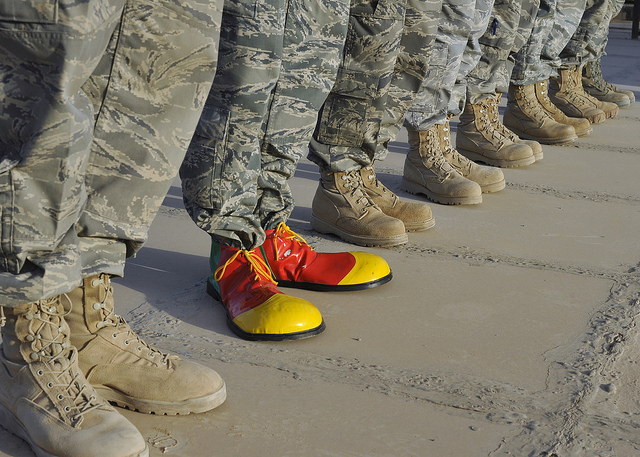



Thank you
You’re welcome, Jimmy.
Good to have you back! You are so honest but I’m relieved to hear these problems were from a long time back. I can remember being that lost and out of control before I was diagnosed well over twenty years ago. It’s great to look back and remind myself of how important it is to keep a good balance in life and of course, “stay on the meds”! 🙂
Thank you, Mandy 🙂 Yep, one of the things that this article really brought home to me is how helpful the meds have been for me, and how much better things have actually gotten.
It’s great to see you writing again Daniel…you always find ways to explain some of the important issues we face. I have only been stable for about a year and I have sincerely taken responsibility for my bipolar disorder by taking my meds, attending all medical appointments and and through self-observation. However I am still feeling the shame and guilt for all the hurt I have caused in the past.
Thanks, Michael. Yeah, the past sucks. I’m not so sure what to do about it, but I’ve found the responsibility/blame distinction helpful. It allows me to make some amends without beating myself up. Still, it only kinda works psychologically.
I have been diagnosed with bipolar1 just three months ago and I am 63. I have been hospitalized four times. The first time I was diagnosed with reactive depression. My life has been chaotic from childhood to the present. In the interim I have been gainfully employed for the last 14 years until I got fired. I am getting divorced after 29 years of marriage and fortunately have raised two children that are adults and doing fine.
Unfortunately for me I never believed how sick I was and open to using terrible judgement. I think that if I accepted the gravity of my sickness, I could have avoided making bad decisions that caused bad outcomes.
Hi Bruce. I’m very glad to hear that your children are doing well. I found myself that getting a diagnosis was something of a relief, as it made a lot of things make sense. Still, there’s the frustration of what could have been.
Hi Daniel, I am a doctoral student and your postings have been a great help to me recently. I was diagnosed bipolar about 7 years ago, and am on meds. I am in one of the down states with extremely negative emotions. And I have been struggling to put the past behind, after an event triggered memories. Indeed conflating blame and responsibility is the issue here. Thanks for your insights, and keep this site working, because people like us need it!
Hi Valerie, I’m really happy to hear that the site has been so helpful :).